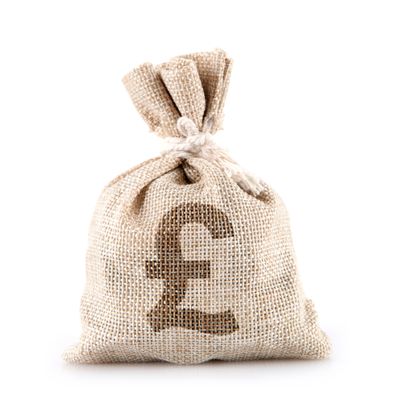2.1.2
Getting Control of England
The Marcher Earldoms
The Marcher Earldoms
William created new earldoms in the borderlands between England and Wales. These were called the Marcher Earldoms.


Why did William create the Marcher Earldoms?
Why did William create the Marcher Earldoms?
- Historians believe that creating the Marcher Earldoms would:
- Be an opportunity to reward the followers and supporters who had helped him invade England (he could give them land).
- Be a way to protect England against any potential attacks from Wales (which was a separate country then).
- As a way to weaken the existing English earls. Creating more influential people in England who supported William rather than the old English nobility.


The Marcher Earldoms
The Marcher Earldoms
- Hereford, Shrewsbury, and Chester were the newly created 'Marcher Earldoms'.
- The new Earls in charge of the Marcher Earldoms had control of the regions. They could build towns and castles to help to protect the English border against Wales. They were expected to use local taxes to build these defences and infrastructure.


The first Marcher Earls
The first Marcher Earls
- Hugh d’Avranches, William FitzOsbern, and Roger de Montgomery were the first three Marcher earls.
- Hugh d'Avranches was the Earl of Chester. He was born in Normandy. His family had given William 60 ships to use in the invasion of England in 1066.
- Roger de Montgomery was the first Earl of Shrewsbury. He ran Normandy whilst William invaded England in 1066.
Keeping Control of England
Keeping Control of England
William gave rewards to followers and enemies to secure control of England.


The pope
The pope
- William sent gifts to the pope to thank him for his support from Rome during the invasion. In those times, having God's support was very influential.


The English earls
The English earls
- William said that all land in England belonged to him.
- However, William needed to win the support of some of the English nobility, or he thought they would raise a rebel army and attack him from the north.
- He let the Earl of Mercia (Edwin) and the Earl of Northumbria (Morcar) keep power in their earldoms.
- One earl (Gospatric) bought an earldom in the North of England from William, however, his time was shortlived and he was exiled by 1072, with his earldom given to a more loyal supporter of William.


Building a professional army
Building a professional army
- Harold's army had been largely made up of untrained fyrds. William established a professional army in England and paid these soldiers well with money raised from something called a 'geld tax'.


The Marcher Earldoms
The Marcher Earldoms
- The Marcher Earldoms were created to reward William's supporters and secure the border with Wales.
- Hugh d'Avranches was the Earl of Chester. He was born in Normandy. His family had given William 60 ships to use in the invasion of England in 1066.
- Roger de Montgomery was the first Earl of Shrewsbury. He ran Normandy whilst William invaded England in 1066.


Alan the Red
Alan the Red
- Alan the Red was called Alan Rufus. He was William the Conqueror's cousin.
- He is the 5th richest person in history. The land that he was given by William made him worth over $200bn.
- Alan the Red built Richmond Castle.
1Anglo-Saxon England & The Norman Conquest, 1060-66
1.1Anglo-Saxon Society
1.2Edward the Confessor & The Succession Crisis
1.3The Rival Claimants for the Throne
2William I in Power: Securing the Kingdom, 1066-87
2.1Establishing Control
2.2Causes & Outcomes of Anglo-Saxon Resistance
2.3The Legacy of Resistance to 1087
2.4Revolt of the Earls, 1075
3Norman England, 1066-88
3.1The Feudal System & the Church
3.2Norman Government
3.3The Norman Aristocracy
Jump to other topics
1Anglo-Saxon England & The Norman Conquest, 1060-66
1.1Anglo-Saxon Society
1.2Edward the Confessor & The Succession Crisis
1.3The Rival Claimants for the Throne
2William I in Power: Securing the Kingdom, 1066-87
2.1Establishing Control
2.2Causes & Outcomes of Anglo-Saxon Resistance
2.3The Legacy of Resistance to 1087
2.4Revolt of the Earls, 1075
3Norman England, 1066-88
3.1The Feudal System & the Church
3.2Norman Government
3.3The Norman Aristocracy
Unlock your full potential with Seneca Premium
Unlimited access to 10,000+ open-ended exam questions
Mini-mock exams based on your study history
Unlock 800+ premium courses & e-books